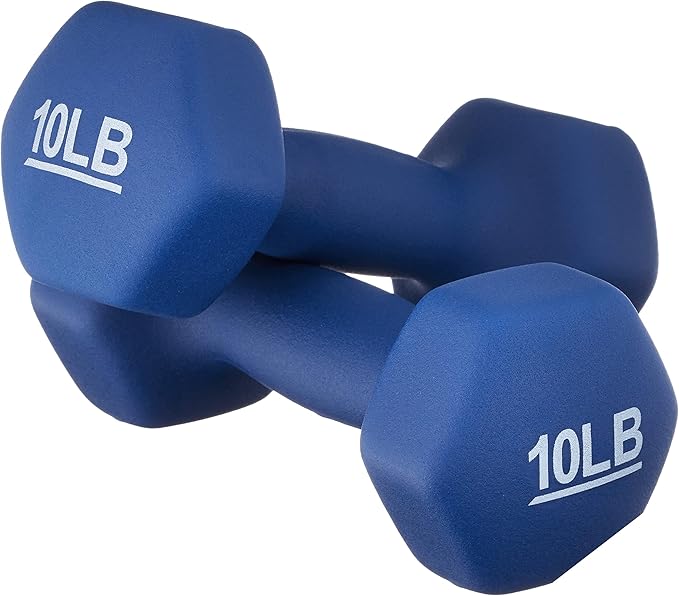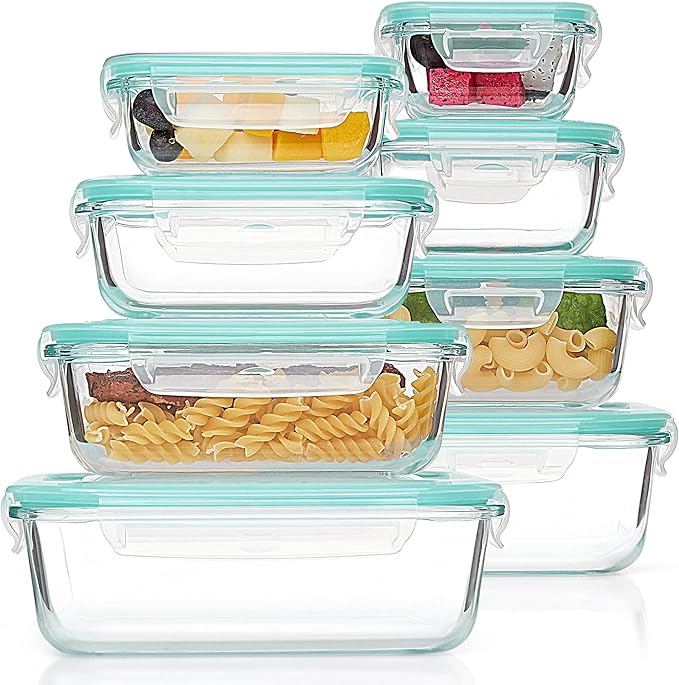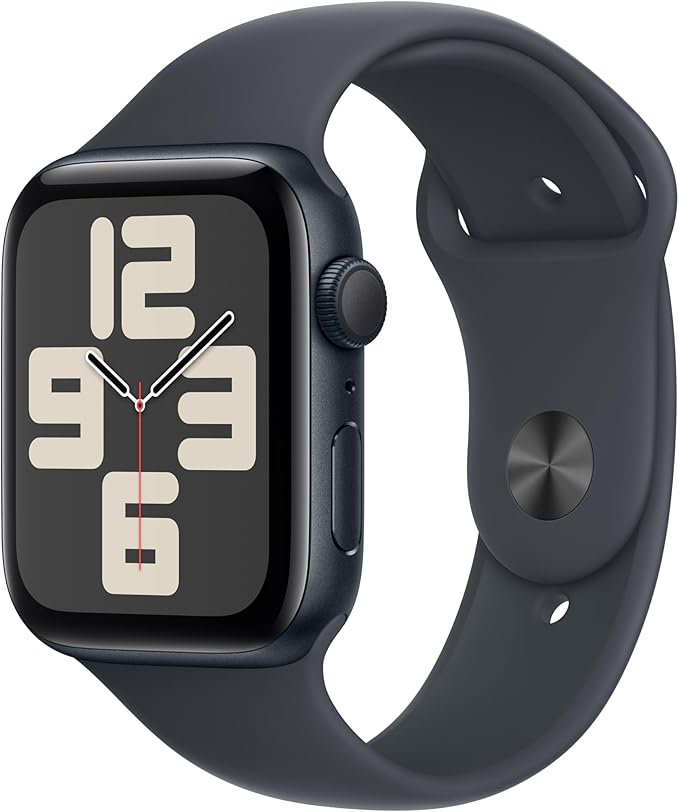Calorie Counter
Track your daily calorie intake with our free calorie counter. Monitor your nutrition, set goals, and achieve your weight management objectives with ease.
Add Food
Daily Summary
Daily Log
No foods logged yet. Start by searching and adding foods above.
Nutrition Tracking Tools
Essential tools to help you track your calorie intake accurately

Digital Scale
Precise digital scale for accurate portion control and calorie tracking
Shop Digital Scale
Meal Prep Containers
Glass containers for healthy meal planning and portion control
Shop Meal Prep ContainersWhat is Calorie Counting?
Calorie counting is a method of tracking the number of calories you consume each day. It's an effective tool for weight management, helping you understand your eating patterns and make informed decisions about your nutrition.
Why Count Calories?
Understanding your calorie intake helps you create a balance between energy consumed and energy burned, which is essential for achieving your weight goals.
Benefits of Calorie Counting
- •Awareness of eating habits
- •Better portion control
- •Weight management support
- •Nutritional education
How to Use This Tool
- •Add foods to your daily log
- •Track your calorie intake
- •Monitor your progress
- •Stay within your goals
Frequently Asked Questions About Calorie Counting
What is calorie counting and why is it important?
Calorie counting is a method of tracking the number of calories you consume each day. It's an effective tool for weight management, helping you understand your eating patterns and make informed decisions about your nutrition. By tracking calories, you can create a balance between energy consumed and energy burned, which is essential for achieving your weight goals.
How many calories should I eat per day?
Your daily calorie needs depend on your age, gender, weight, height, activity level, and goals. To maintain weight, eat calories equal to your TDEE (Total Daily Energy Expenditure). To lose weight, create a 500-calorie deficit. To gain weight, add 300-500 calories to your TDEE. Use our TDEE calculator to determine your specific calorie needs.
How accurate are calorie counts in food databases?
Calorie counts in databases are estimates based on average values. Actual calories can vary by 10-20% due to differences in food preparation, portion sizes, and individual variations. For the most accurate tracking, use a food scale to measure portions and read nutrition labels carefully. Our database provides reliable estimates for common foods and serving sizes.
Should I track calories every day?
Daily tracking can be helpful initially to understand portion sizes and calorie content of foods. However, you don't need to track forever. Once you develop a good understanding of your calorie needs and food choices, you can transition to more flexible approaches while maintaining awareness of your overall intake. Many people find success with periodic tracking (a few days per month) to stay on track.
What's the difference between calories and macros?
Calories measure total energy content, while macros (macronutrients) are the specific nutrients that provide calories: protein (4 calories per gram), carbohydrates (4 calories per gram), and fats (9 calories per gram). While calorie counting focuses on total energy intake, macro tracking ensures you get the right balance of nutrients for your goals. Both approaches can be used together for optimal results.
How do I handle eating out while calorie counting?
When eating out, estimate portions and use similar foods from our database as references. Many restaurants provide nutrition information online. For chain restaurants, you can often find calorie counts on their websites. When in doubt, estimate on the higher side and focus on making healthy choices like grilled proteins, vegetables, and avoiding fried foods and heavy sauces.
What if I go over my calorie goal?
Don't stress about occasional overages. One day won't derail your progress. Focus on your weekly average rather than daily perfection. If you consistently exceed your goals, consider adjusting your calorie target or finding ways to increase your activity level. Remember, sustainable weight management is about long-term consistency, not daily perfection.

